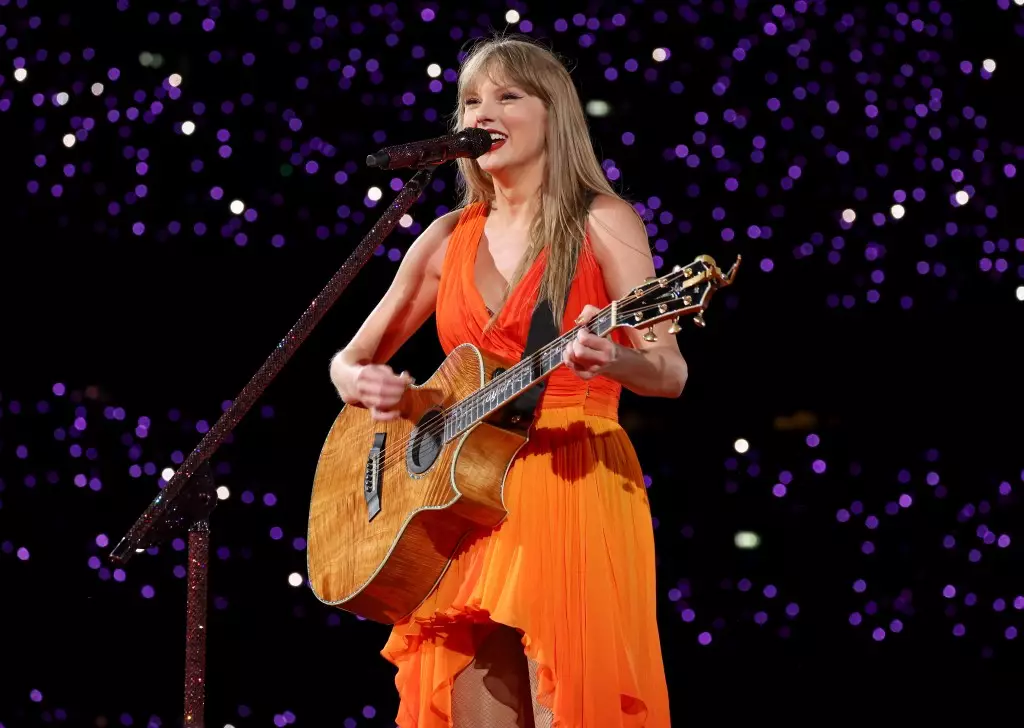The recent decision to provide Taylor Swift with a police escort during her summer concerts at Wembley Stadium has sparked significant controversy in the UK. This decision has not only raised questions about the nature of VIP protection but also highlighted the potential influence of government officials in the realm of celebrity culture. Reports indicate that the heightened security measures were largely motivated by external pressures, particularly from key figures including the Home Secretary Yvette Cooper and London Mayor Sadiq Khan. Their push for police attention appears to stem from concerns over public safety, especially following alarming incidents, such as the thwarted suicide bombing in Vienna, which led to considerable anxiety regarding the safety of the singer and her audience.
Historical Context of Security in the UK
The UK has established protocols surrounding police protection, traditionally reserved for individuals like senior cabinet ministers and members of the royal family. The Metropolitan Police expressed concerns that Swift’s security provision would violate these long-standing guidelines. This situation underscores a shifting landscape in which celebrity status potentially enables public figures to command resources typically reserved for the state’s elite. Critics argue that such privileged arrangements challenge the principles of equality before the law, raising ethical concerns about how power dynamics play out in the context of celebrity and governance.
Adding to the urgency of the situation was a broader economic context intertwined with Swift’s concerts. It’s reported that her Eras tour brought an astonishing £1 billion ($1.3 billion) boost to the UK economy, making these performances more than just musical events but significant economic stimuli. Cooper’s warning that any cancellation of concerts would bear “economically damaging” consequences ties directly into this narrative, positioning Swift not just as an artist but as a crucial component of the economy. This intersection of entertainment and economics has generated mixed feelings among the public, with some supporting the extra police presence for economic stability while others view it as an inappropriate allocation of taxpayer resources.
The aftermath of Swift’s potential cancellation reveals the intricacies of how public figures navigate crises. With her mother and manager Andrea threatening to withdraw from the London shows, the response from the government reflects a significant understanding of the implications of celebrity performances on morale and economic health. Such incidents illuminate a fundamental aspect of modern celebrity culture—an understanding that stars like Swift do not solely entertain; they also carry societal weight, influencing not just popular culture but public policy and economic outcomes.
Taylor Swift’s situation serves as a microcosm of broader debates surrounding celebrity culture, societal safety, and government responsibility. The appropriation of police resources for a star, especially in light of security threats and significant economic implications, invites scrutiny and dialogue about the dynamics at play. As the UK faces the ramifications of these decisions, it is crucial for stakeholders to evaluate the balance between appropriate security measures and the equitable application of public resources. In an era where the lines between entertainment and governance continue to blur, it’s evident that the implications of celebrity transcend mere fandom, shaping public policy and societal norms in profound ways.

